Oracle reveals its roadmap for BEA
Six months after agreeing a deal to buy middleware vendor BEA, Oracle has confirmed the fate for most of the existing products from its new acquisition.
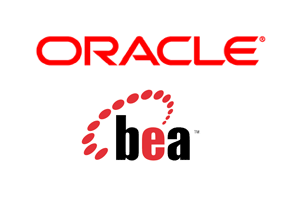

BEA customers face a significant migration challenge after Oracle revealed its roadmap for the middleware and other technologies produced by the firm.
The database and software giant agreed a deal to acquire the middleware vendor for $8.5 billion (4.3 billion) in January this year, completing the deal in April.
However, it revealed that the only product likely to remain from BEA's core portfolio is also one of its most popular. Oracle pledged ongoing support for BEA's application server customers, becoming the strategic Java container for the vendor's own Fusion middleware suite.
Oracle president Charles Phillips was keen to reassure existing BEA customers: "There will be no forced product migration at all," he said late yesterday.
"We want to provide a complete platform for developing [and] deploying SOA-based applications. The acquisition made sense because BEA is a pioneer in middleware and a company that really got SOA [service oriented architecture]."
Oracle Fusion middleware senior vice president Thomas Kurian said that, in the BEA Weblogic Server Java application server becoming "Oracle's strategic J2EE container," Oracle had integrated its TopLink technology to deliver Java persistence as well as its Oracle Coherence grid capabilities.
But Kurian added: "Oracle's own application server continues development going forward."
Get the ITPro daily newsletter
Sign up today and you will receive a free copy of our Future Focus 2025 report - the leading guidance on AI, cybersecurity and other IT challenges as per 700+ senior executives
Featured product integrations will include Oracle's enterprise service bus (ESB) with the BEA Aqualogic Service Bus, using the Aqualogic Enterprise Repository for its own SOA governance framework, while Oracle Service Registry will be retained for publishing and registering services. And BEA's Weblogic Event server will merge with Oracle's Complex Event Processor for event processing.
In the business process management (BPM) space, Oracle's Business Process Analysis designer will be integrated with the BEA Aqualogic BPM designer using a common BPM metadata model. But Oracle JDeveloper will remain as its toolset and its Application Development Framework will continue to be its model view controller framework. And the Oracle Data Integration product is retained, along with Oracle business process execution language (BPEL) Process Manager for SOA orchestration.
BEA Weblogic Integration will gain Oracle SOA technologies like adapters from BPEL Process Manager. And Kurian said BEA's Tuxedo transaction processing software would be strengthened to work beyond C, C++, and Cobol applications.
Kurian added that BEA's JRockit Java Virtual Machine and Liquid VM virtual machine, featuring hypervisor technology would be key technologies in the integrated product stack going forward.
A 25-year veteran enterprise technology expert, Miya Knights applies her deep understanding of technology gained through her journalism career to both her role as a consultant and as director at Retail Technology Magazine, which she helped shape over the past 17 years. Miya was educated at Oxford University, earning a master’s degree in English.
Her role as a journalist has seen her write for many of the leading technology publishers in the UK such as ITPro, TechWeekEurope, CIO UK, Computer Weekly, and also a number of national newspapers including The Times, Independent, and Financial Times.
-
 Bigger salaries, more burnout: Is the CISO role in crisis?
Bigger salaries, more burnout: Is the CISO role in crisis?In-depth CISOs are more stressed than ever before – but why is this and what can be done?
By Kate O'Flaherty Published
-
 Cheap cyber crime kits can be bought on the dark web for less than $25
Cheap cyber crime kits can be bought on the dark web for less than $25News Research from NordVPN shows phishing kits are now widely available on the dark web and via messaging apps like Telegram, and are often selling for less than $25.
By Emma Woollacott Published
-
 Organizations shift away from Oracle Java as pricing changes bite
Organizations shift away from Oracle Java as pricing changes biteNews A survey from Azul Systems finds that, along with cost, customers cite a preference for open source and the threat of a Java usage audit
By Emma Woollacott Published
-
 Why Java 17 growth is ‘exploding’
Why Java 17 growth is ‘exploding’News Java 17 is now the most popular LTS version, according to application data from New Relic, but what's driving this growth?
By Steve Ranger Published
-
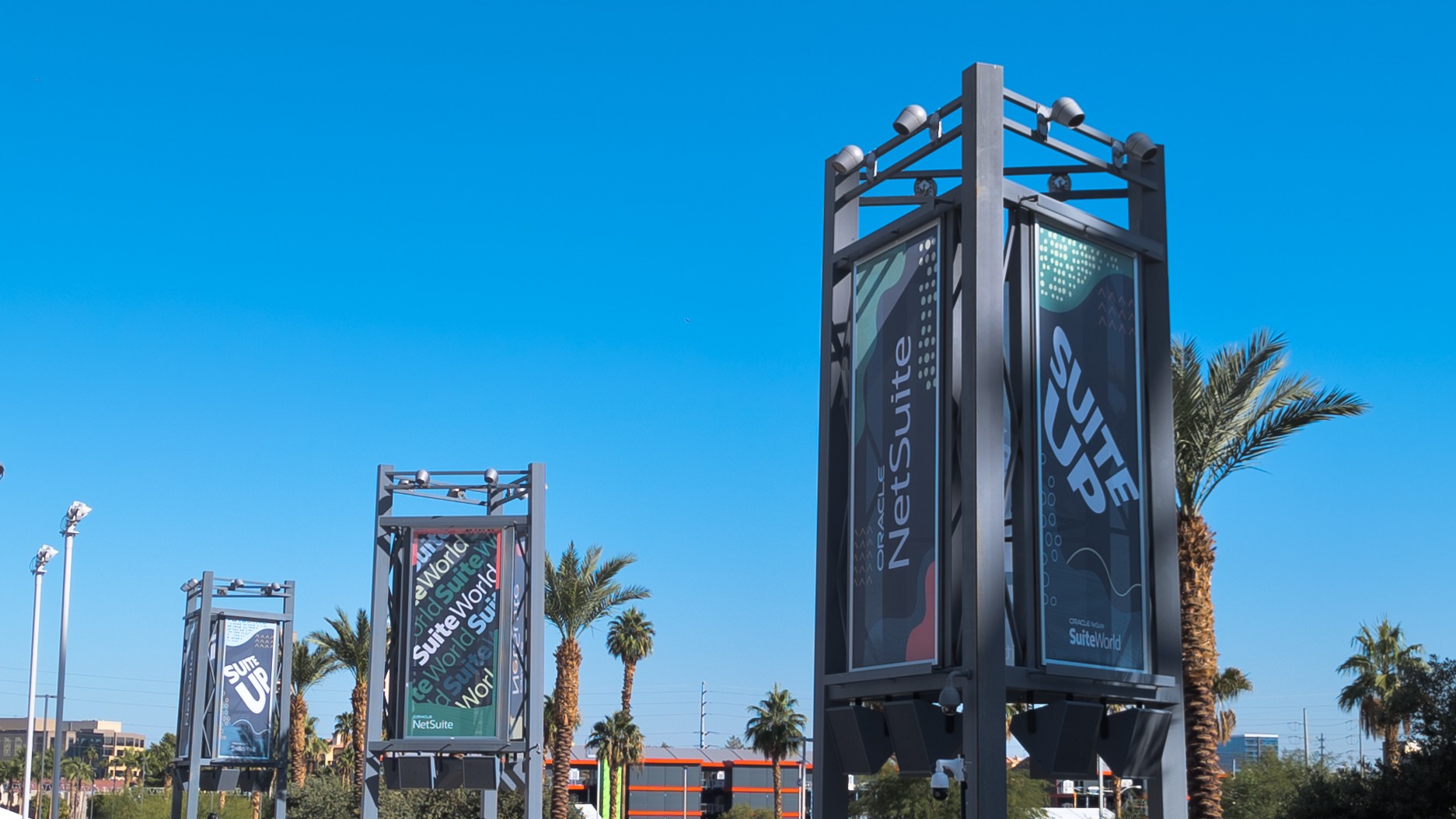 SuiteWorld 2023: NetSuite's day-two announcements
SuiteWorld 2023: NetSuite's day-two announcementsLive Blog Keep up-to-date with all the day-two announcements from NetSuite SuiteWorld 2023
By Rory Bathgate Last updated
-
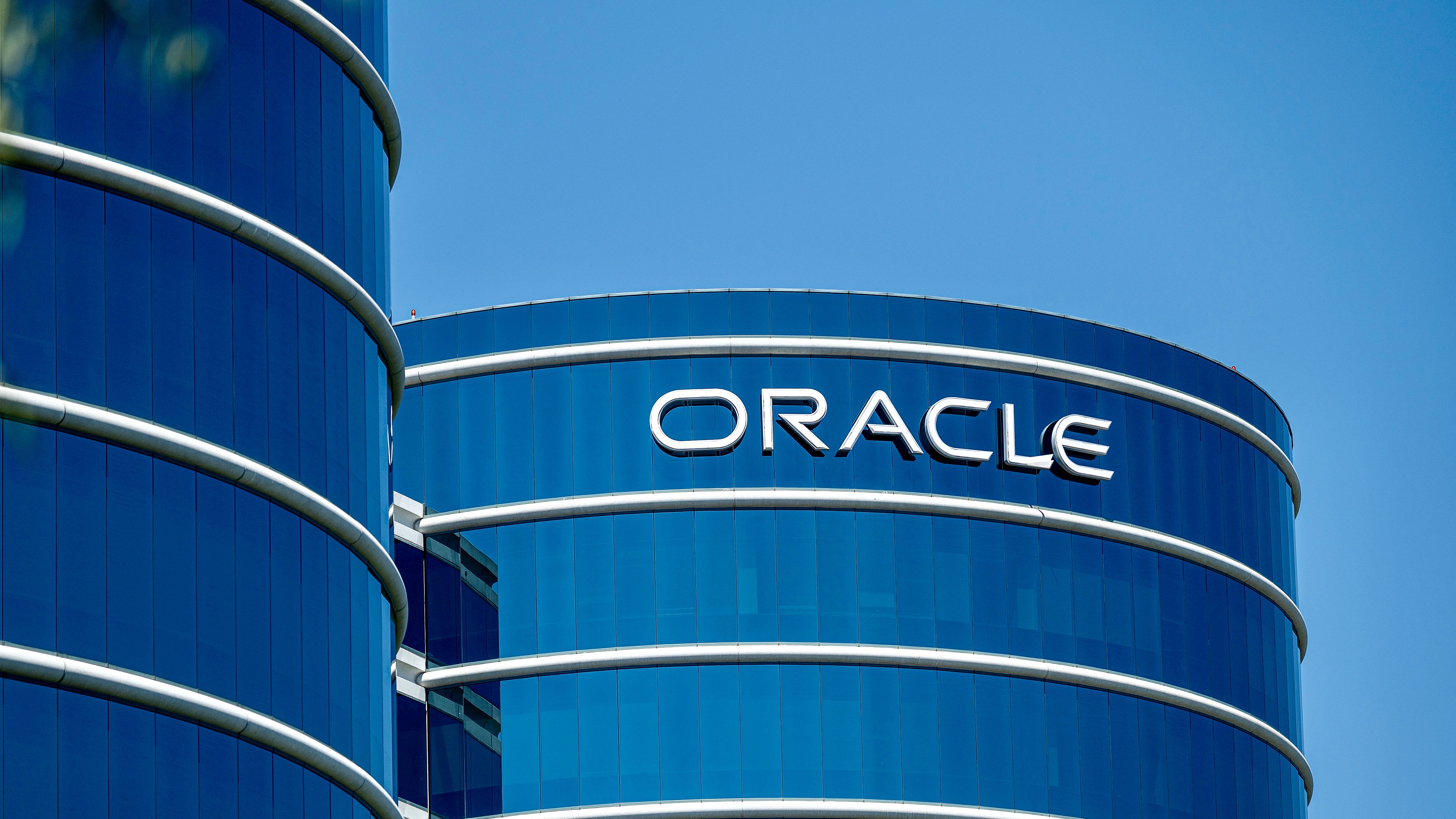 Can Oracle really be Linux's knight in shining armor?
Can Oracle really be Linux's knight in shining armor?Opinion The self-proclaimed champion of open source freedom would like you to forget about its history
By Richard Speed Published
-
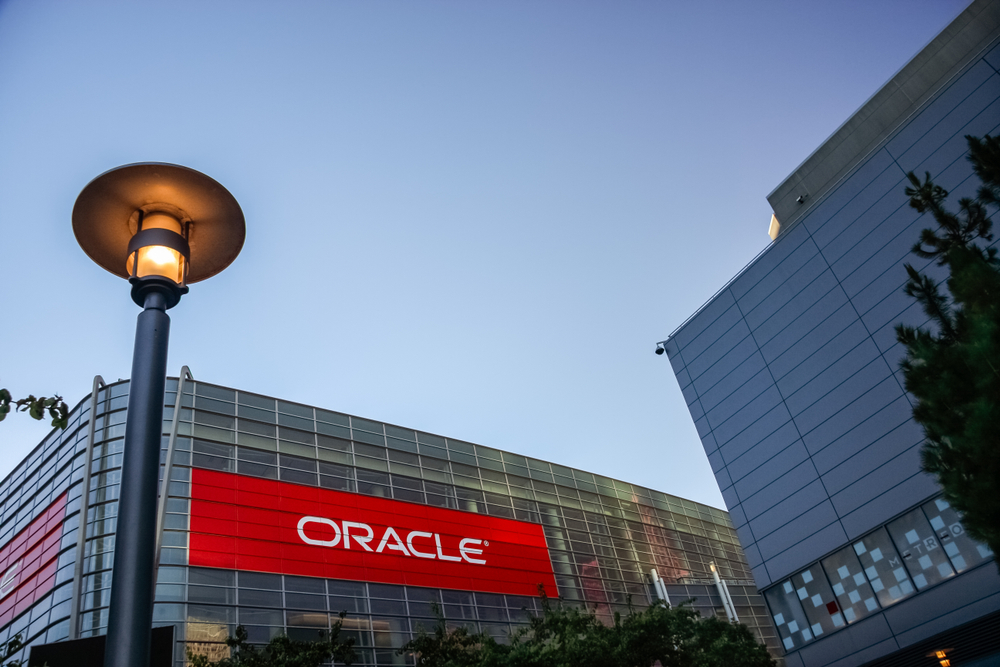 Oracle’s Java subscription changes spark concerns over cost hikes for smaller businesses
Oracle’s Java subscription changes spark concerns over cost hikes for smaller businessesNews Smaller businesses could incur significant cost hikes as high as 1,400% with most new customers expected to pay at least double
By Ross Kelly Published
-
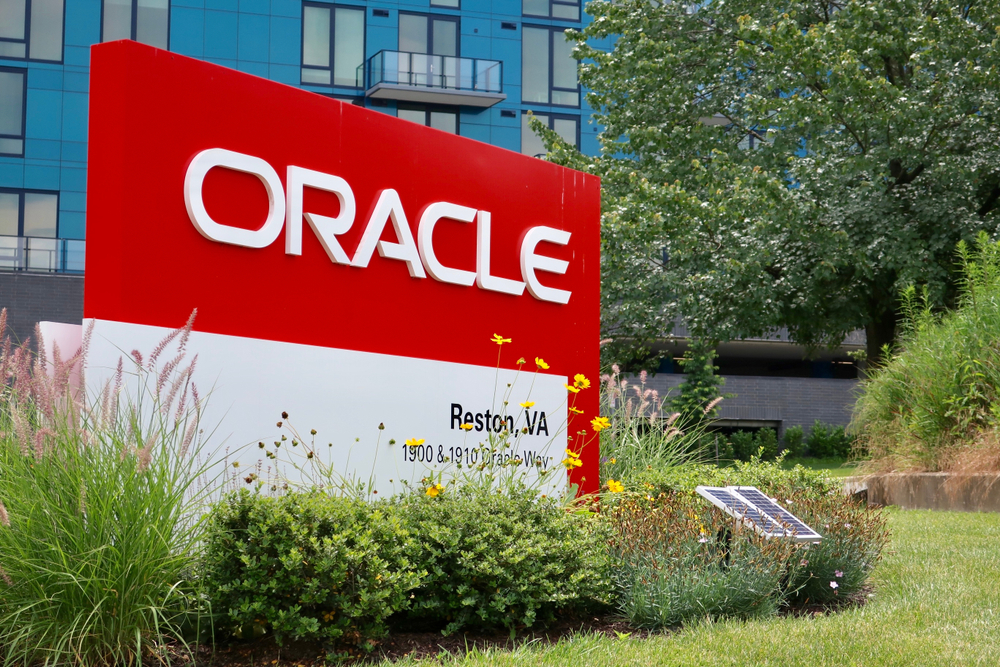 Oracle to launch 14 new cloud regions over the next year
Oracle to launch 14 new cloud regions over the next yearNews The company wants to support the demand for its customers as it looks to open at least two regions in each country it operates
By Zach Marzouk Published
-
 Windows 11 has problems with Oracle VirtualBox
Windows 11 has problems with Oracle VirtualBoxNews Microsoft confirms compatibility issues as new operating system makes its debut
By Rene Millman Published
-
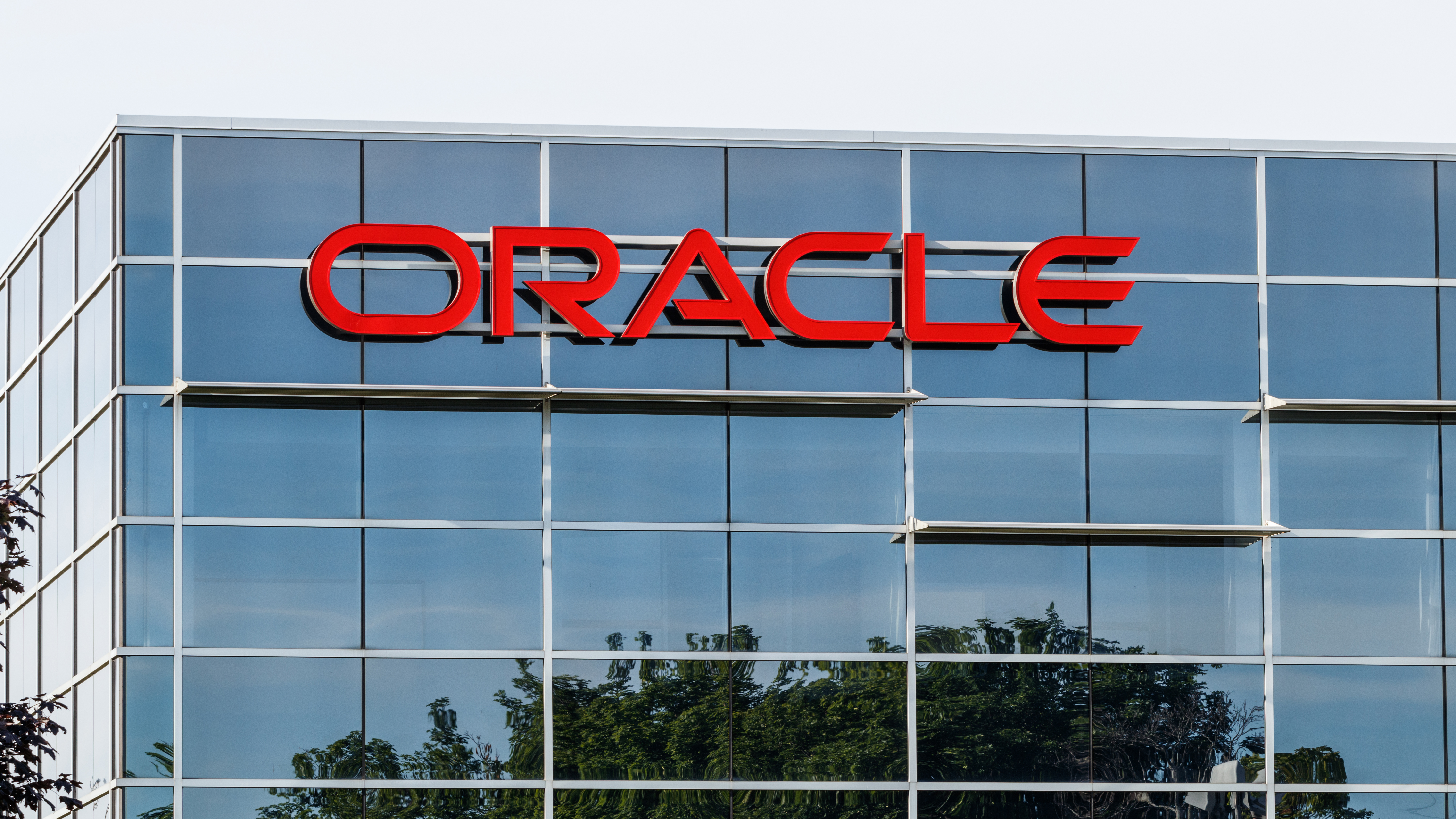 Oracle plans $1.2 billion campus in Nashville, Tennessee
Oracle plans $1.2 billion campus in Nashville, TennesseeNews The company is building ‘new digital hubs’ to meet demand for its cloud products
By Mike Brassfield Published